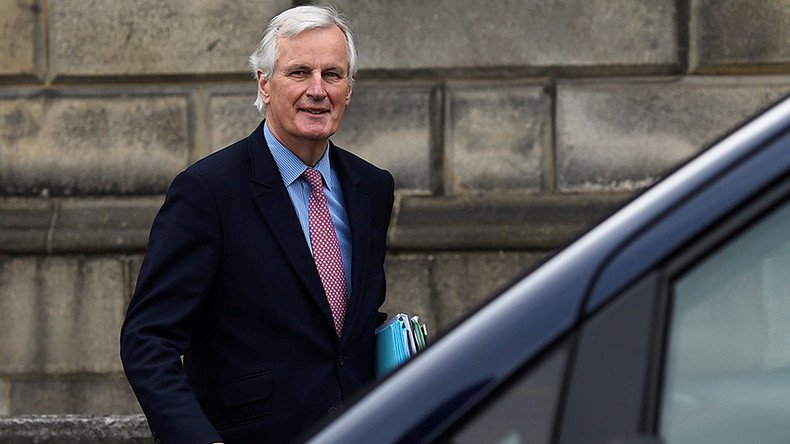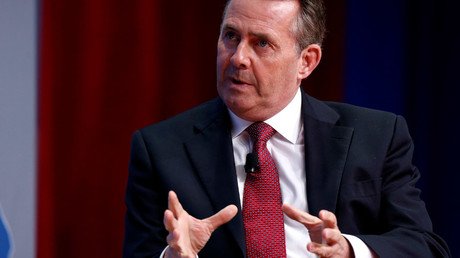Top EU negotiator warns Britain won’t enjoy ‘friction-free trade’ after Brexit

The European Union’s chief Brexit negotiator, Michel Barnier, has warned UK ministers and businesses that “frictionless trade” with the EU after Britain leaves is “not possible.”
Addressing an EU business forum in Brussels on Thursday, Barnier said London’s “red lines” for a future trade relationship mean the UK is definitely leaving the single market and the customs union. Only membership of both allows “frictionless” trading arrangements, he said.
However, a spokesman for Prime Minister Theresa May insisted that Britain will stick to its guns and get a comprehensive free trade deal and customs agreement with the EU after it leaves the bloc.
Barnier said he is unsure whether the EU’s refusal to grant single market access piecemeal and insistence on control of standards in the single market “have been fully understood across the Channel.”
“I have heard some people in the UK argue that one can leave the single market and keep all of its benefits – that is not possible,” he said.
“I have heard some people in the UK argue that one can leave the single market and build a customs union to achieve ‘frictionless trade’ – that is not possible.”
“Time flies,” he added, highlighting the minimal time left to strike a deal before Britain automatically leaves the EU on March 30, 2019.
He also warned that a “no deal” scenario would be damaging to Britain, and said there is “no reasonable justification” for it.
“A fair deal is far better than no deal,” Barnier said, turning around a phrase popularized by May that no deal is better than a bad deal.
“A trading relationship with a country that does not belong to the European Union obviously involves friction."
In a classic negotiation 'no deal’=status quo. #Brexit 'no deal’=return to distant past, which we all should avoid https://t.co/0ZXEObSAWX
— Michel Barnier (@MichelBarnier) 6 July 2017
He cited disruption to cross-border traders processing value-added tax (VAT) and a need for all EU imports of animals and animal products to be tested at borders.
Such issues are of particular interest in Ireland, where farming businesses, on either side of what will become a UK-EU border, fear disruption.
Barnier repeated the EU’s willingness to make a priority of agreeing border issues on Ireland, where leaders on all sides fear a “hard” frontier could undermine the fragile peace in the British province of Northern Ireland.













